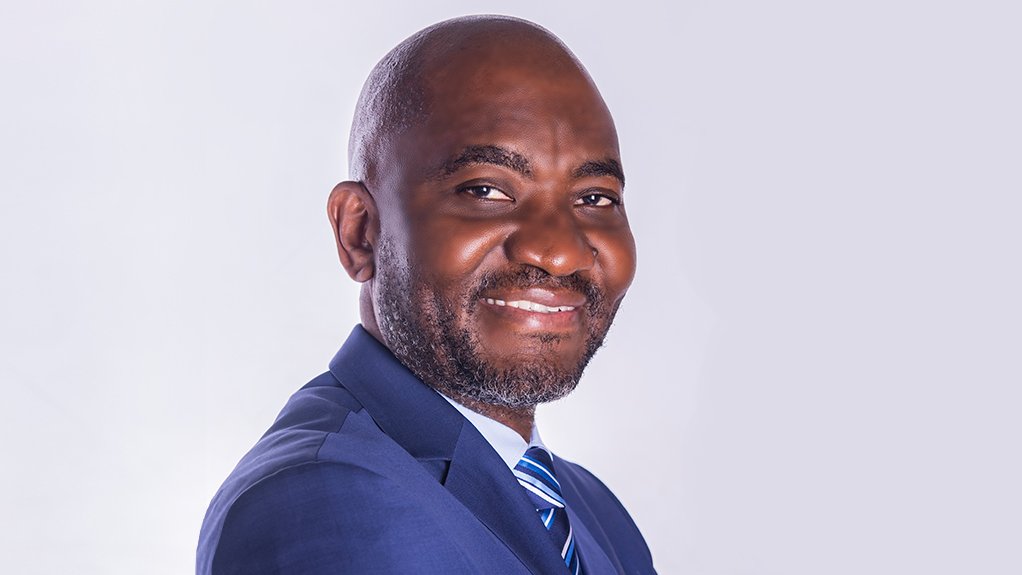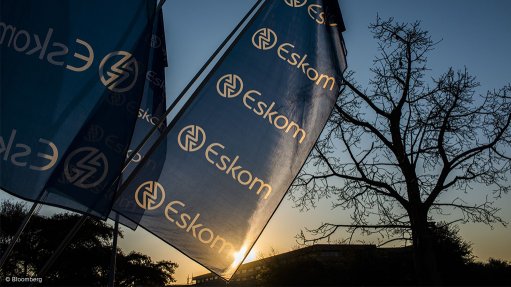South Africa set for massive changes as energy market pivots, renewable energy grows


Webinar facilitator South African Wind Energy Association CEO Niveshen Govender in conversation with Independent Power Producers Office head Bernard Magoro; South African Independent Power Producers Association chairperson Brian Day; NOA Group CEO Karel Cornelissen; and EY-Parthenon strategy and innovation leader Heather Orton as they discuss South Africa's renewable energy report card and investment outlook.
IPP Office head Bernard Magoro
South Africa will need about 150 GW of renewable-energy generation and associated transmission infrastructure by 2050, meaning it needs to build about 6 GW of renewable-energy capacity each year.
It currently has about 6.4 GW of renewable-energy generation in operation, about 3 GW of embedded private renewable generation and about 9 GW of registered renewable-energy projects, of which about 4 GW to 6 GW is under construction, speakers highlighted during a 'South Africa's Renewable Energy Investment Report Card' webinar, hosted by Creamer Media, on September 11.
While these numbers highlight the need for a significant acceleration in renewable-energy generation and transmission development to meet expected energy security, energy demand and climate requirements, there is significant interest in South Africa's renewable-energy market.
The Renewable Energy Independent Power Producer Procurement Programme's Bid Window 7 sought to procure 5 GW of new capacity. It attracted more than 10 GW of subscriptions, placing the level of interest beyond expectations, said Independent Power Producers (IPP) Office head Bernard Magoro.
"The level of interest remains high and the IPP Office is excited by the commitment seen from investors across the value chain in the public procurement space," he said.
Encouragingly, businesses were reporting increased competition, and strategy consulting services firm EY-Parthenon was receiving many requests for market analysis looking at new entrants and how existing companies were maintaining their market share, said EY-Parthenon Africa strategy and innovation leader Heather Orton.
The firm is also seeing an increase in investments in renewable-energy portfolios.
"The value of solar panels imported rose from $100-million to $450-million in 2023, which is a significant jump that implies that the right behaviour is being encouraged and we are seeing this translate to income," she said.
There was, however, a big need to develop local manufacturing capabilities for all solutions across wind, solar and battery energy storage, as many components were currently imported. Establishing domestic production could reduce costs, create jobs and make the country more self-sufficient in terms of the value chain, she added.
Government can offer various incentives and support measures, including supporting some industries to make the conversion to renewable energy.
"During this journey, we need to understand how we can encourage black participation and ownership, and we must ensure large organisations that are in a privileged position support incubation of these companies.
"Aggregation can also make projects more interesting to international finance, and Bank of America global head of sustainable finance [Karen Fang] noted that many of our projects are not individually big enough to attract their investment," Orton said.
South Africa needed to build 6 GW each year for the next 25 years and, with the typical life of renewable generation plants being 25 years, the plants built during each year from 2025 would need to be rebuilt each year from 2050 onwards, highlighted renewable energy IPP and trader NOA Group CEO Karel Cornelissen.
"South Africa is probably entering a perpetual building cycle for this infrastructure. Viewing the changes through these lenses enables us to understand the scale of investment and construction activity that is going to happen in South Africa and which we hope will significantly unlock our economy," he said.
Investment cycles in renewable-energy projects are long and those allocating capital need certainty and clarity of where the industry is transitioning to, as well as rules and guidelines.
"The amended Electricity Regulation Act (ERA) provides this critical framework to enable this market to develop and various stakeholders to compete fairly. All the ingredients are there to foster this industry, which requires both cooperation and competition between and among parties," he said.
The private sector stood ready to participate and, in addition to the strong signals from the amended ERA, was looking forward to more clarity as the market changed, Cornelissen said.
Meanwhile, and crucially, South Africa was building less than half of the transmission infrastructure it needed each year, said South African Independent Power Producers Association chairperson Brian Day.
"We have to find ways to build more transmission infrastructure. The contracting strategy of the National Transmission Company of South Africa (NTCSA) will eventually need to fundamentally change to an engineering, procurement and construction model.
Building transmission infrastructure on a build, operate and transfer model can unlock benefits in many areas where smaller-scale projects are being developed, which cannot wait for Eskom and the NTCSA to design, procure and then appoint contractors.
Instead, there should be proper specifications drawn up, a competitive round of tender bidding and then use such a concession model to get companies to build transmission infrastructure, he advised.
Internationally, the terminology used by [the International Federation of Consulting Engineers] included terms such as turnkey for transmission infrastructure associated with renewable-energy projects, he added.
"South Africa is starting to move towards building more transmission infrastructure, but we are not yet at the speed that is needed," Day said.
Article Enquiry
Email Article
Save Article
Feedback
To advertise email advertising@creamermedia.co.za or click here
Announcements
What's On
Subscribe to improve your user experience...
Option 1 (equivalent of R125 a month):
Receive a weekly copy of Creamer Media's Engineering News & Mining Weekly magazine
(print copy for those in South Africa and e-magazine for those outside of South Africa)
Receive daily email newsletters
Access to full search results
Access archive of magazine back copies
Access to Projects in Progress
Access to ONE Research Report of your choice in PDF format
Option 2 (equivalent of R375 a month):
All benefits from Option 1
PLUS
Access to Creamer Media's Research Channel Africa for ALL Research Reports, in PDF format, on various industrial and mining sectors
including Electricity; Water; Energy Transition; Hydrogen; Roads, Rail and Ports; Coal; Gold; Platinum; Battery Metals; etc.
Already a subscriber?
Forgotten your password?
Receive weekly copy of Creamer Media's Engineering News & Mining Weekly magazine (print copy for those in South Africa and e-magazine for those outside of South Africa)
➕
Recieve daily email newsletters
➕
Access to full search results
➕
Access archive of magazine back copies
➕
Access to Projects in Progress
➕
Access to ONE Research Report of your choice in PDF format
RESEARCH CHANNEL AFRICA
R4500 (equivalent of R375 a month)
SUBSCRIBEAll benefits from Option 1
➕
Access to Creamer Media's Research Channel Africa for ALL Research Reports on various industrial and mining sectors, in PDF format, including on:
Electricity
➕
Water
➕
Energy Transition
➕
Hydrogen
➕
Roads, Rail and Ports
➕
Coal
➕
Gold
➕
Platinum
➕
Battery Metals
➕
etc.
Receive all benefits from Option 1 or Option 2 delivered to numerous people at your company
➕
Multiple User names and Passwords for simultaneous log-ins
➕
Intranet integration access to all in your organisation


















